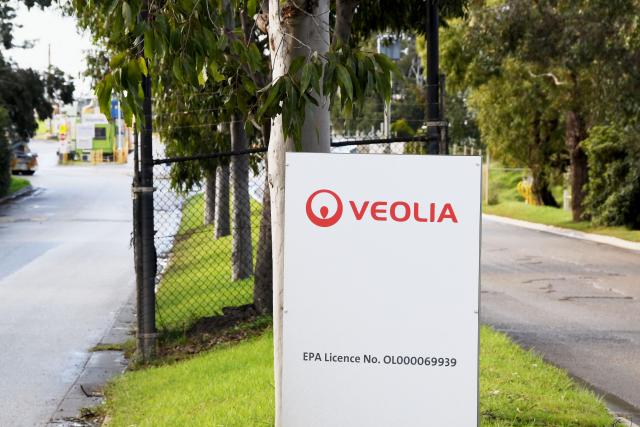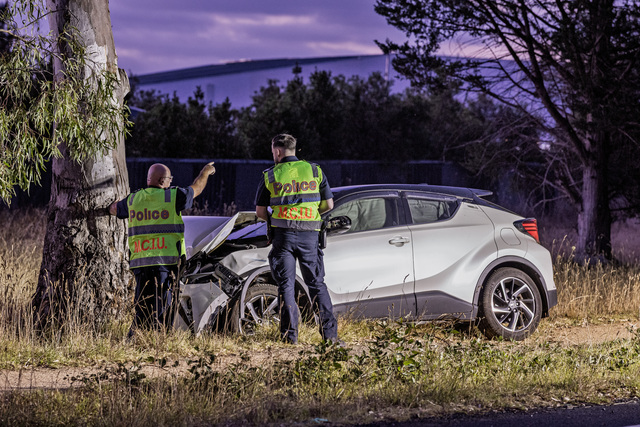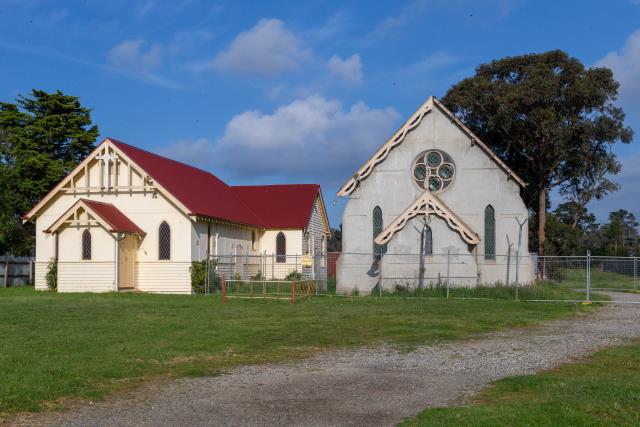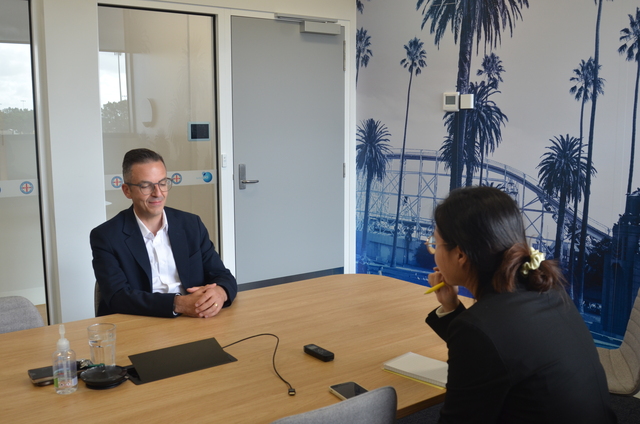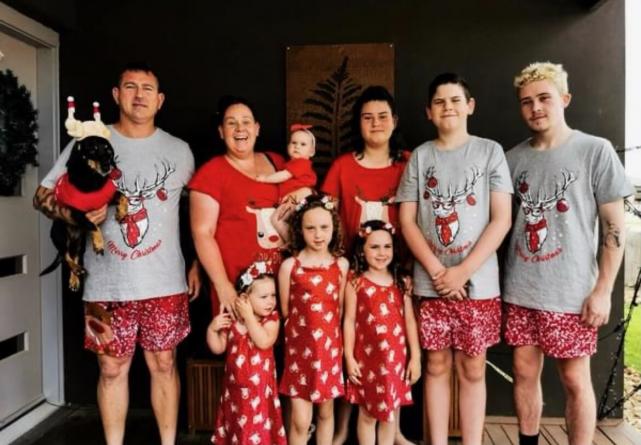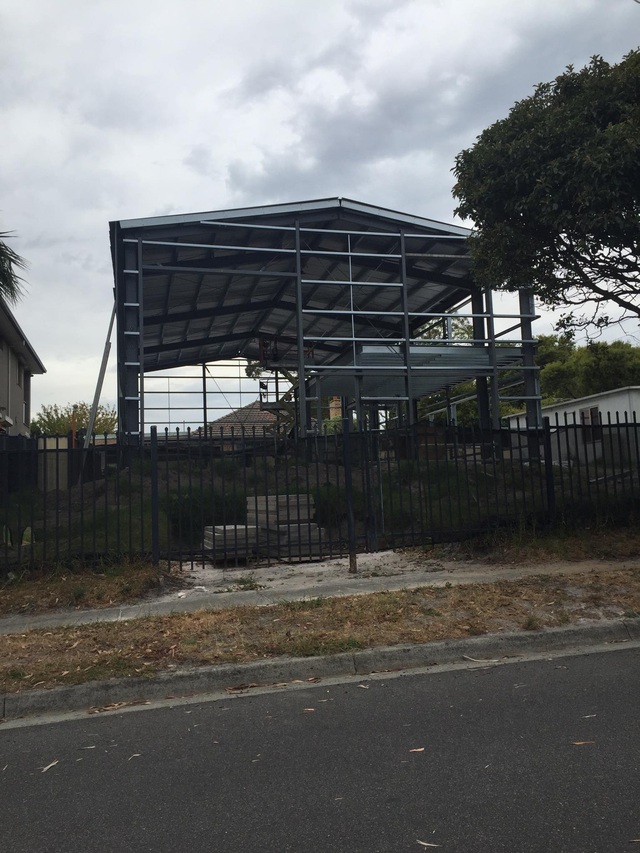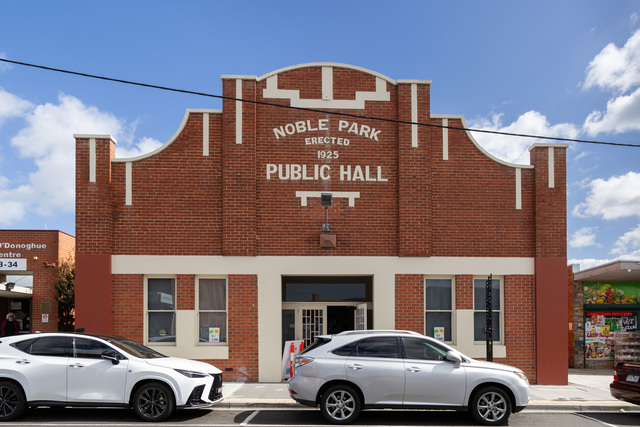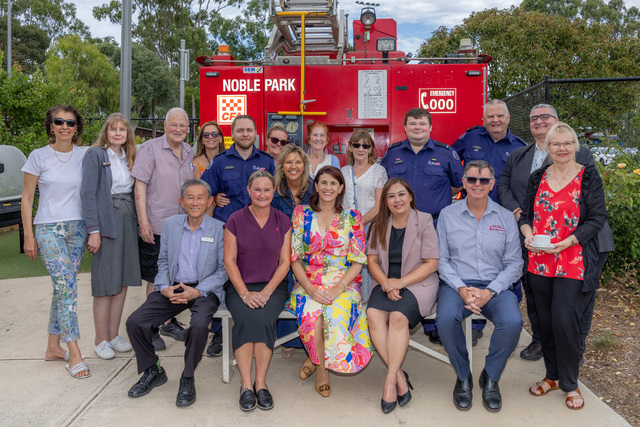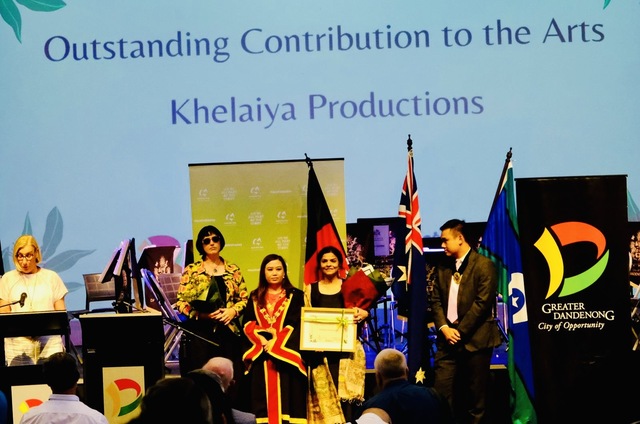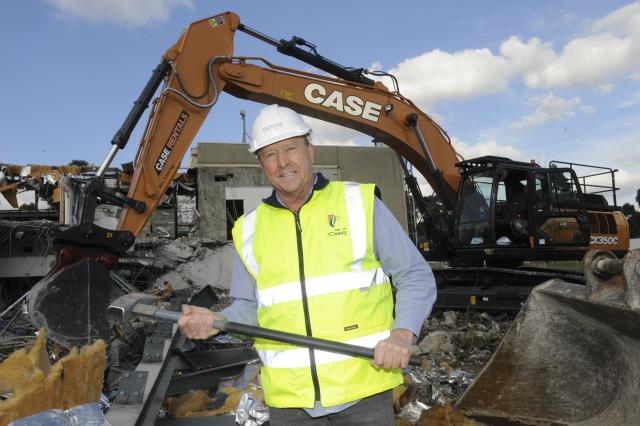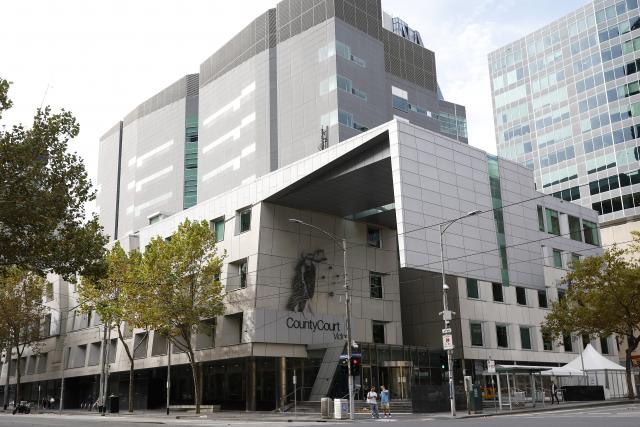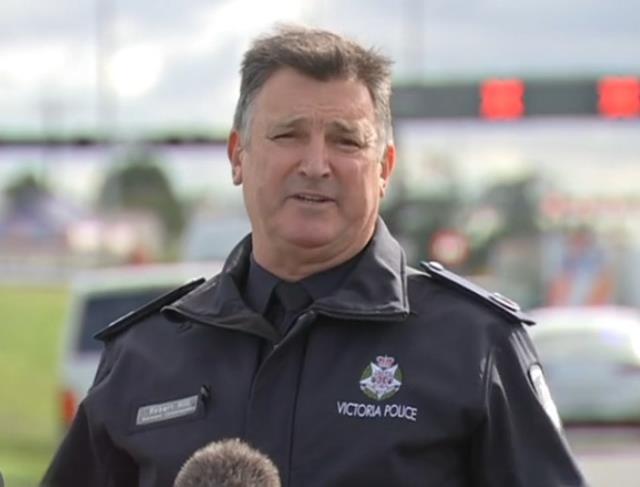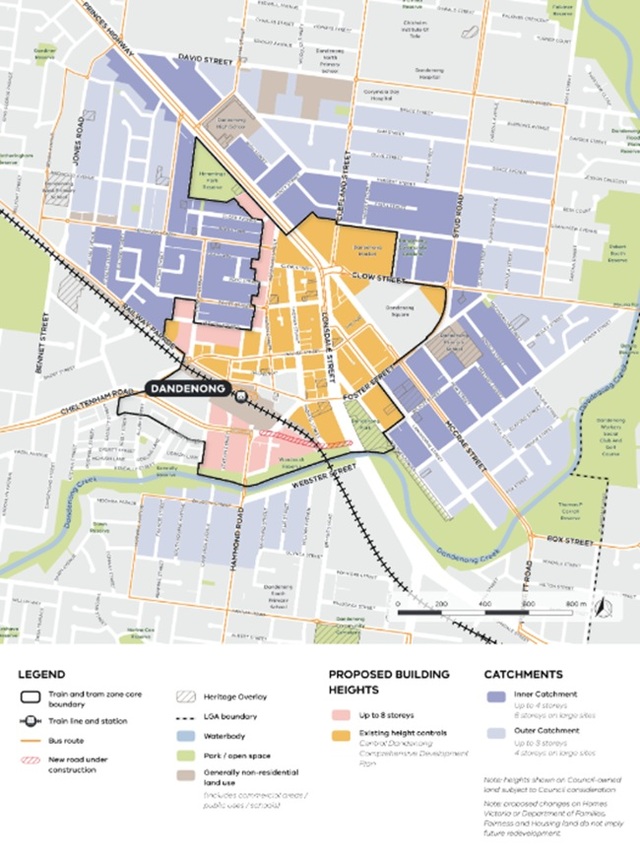Veolia has been found to engage in serious misconduct during the Supreme Court trial against its Hallam Road landill neighbour Winsome Anderson.
The landfill operator supplied out-of-date data in breach of its discovery obligations, Justice Michael McDonald stated during a costs ruling on 30 August.
On 18 July, the Supreme Court ruled that Veolia breached its licence and general environment duty (GED) by failing to take all practicable measures to prevent emissions of LFG from exceeding the prescribed levels in the subsurface geology at the landfill boundary between 1 July 2022 and 30 October 2023.
One of the practicable measures Veolia failed to implement is to ensure the optimal efficiency of its landfill gas (LFG) extraction system.
It was also found during the trial that Veolia briefed one of the expert witnesses with out-of-date data regarding the performance of the LFG extraction system at the landfill site.
The expert initially testified that the LFG extraction system was operating at the optimal 89 per cent efficiency based on data ending in July 2020.
The data was provided to the expert towards the end of May in 2023 and it was discovered later in court that Veolia received a draft risk assessment report a month before with a comment that suggested less efficient performance of its LFG extraction system in 2022.
The comment made by its environment auditor states: “The collection efficiency could be improved. 60-70 per cent is likely not good enough for odour control in the context of the site.”
The corresponding final report dated 15 September 2023 states that in 2022, the LFG extraction system is operating at an efficiency in the range of 61 per cent to 83 per cent.
The document was initially in evidence when the trial began on 15 November last year but was removed from the supplementary court book on the second day as Veolia claimed its irrelevance.
It resurfaced when the expert was called in to address the additional 323 documents discovered by Veolia in December 2023.
“Veolia was aware when the trial commenced on 15 November 2023 that Mr Lane’s evidence regarding the efficiency of the LFG extraction system was based on out-of-date data and did not reflect the performance of the system as of December 2022 and thereafter,” Justice McDonald stated in the judgement.
“I infer that Veolia considered it to be in its interests to allow Mr Lane to give evidence that the LFG extraction system was operating at 89 per cent efficiency because it believed this evidence would aid its defence of the plaintiffs’ claim that it had breached the GED and clause 5 of the licence.
“Through the evidence of Mr Lane in his report of 5 June 2023 Veolia sought to neutralise a key issue in the case.
“It nearly succeeded in doing so.”
Justice McDonald stated that the briefing with out-of-date data had seriously prejudiced the conduct of the proceeding as the revised evidence was “a significant factor underpinning the Court’s conclusion that Veolia had breached the GEP and its operating licence”.
The Court ordered Veolia to pay Ms Anderson standard legal costs, plus additional indemnity costs for the three-month period of the discovery breach.

